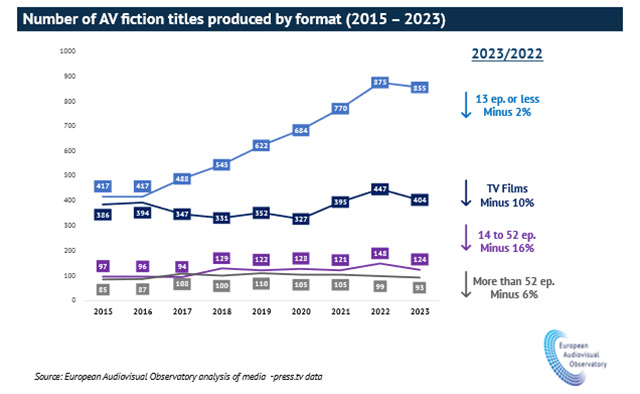The Exploration Company wants to make reusable components for cheaper space exploration.
The Exploration Company announced today (18 November) that it has raised $160m in Series B funding to further its mission of developing reusable spacecraft.
The space-tech company, which operates in Germany, France and Italy and has offices in the US, was founded in 2021 by Hélène Huby, Sebastien Reichstat and Pierre Vine, a team of space engineers who worked together on European space programs such as Orion-ESM, Ariane and ATV.
The funding round, which was led by Balderton Capital and Plural, will be used to develop and test Nyx, the first European reusable space capsule.
Currently, only two companies provide cargo delivery to and from the International Space Station (ISS) but The Exploration Company is hoping to add a European flavour to the US-centric mix.
The company said that Nyx will meet the world’s rapidly growing demand for space logistics, from supporting space stations to lunar exploration. It aims for Nyx to conduct its first flight to and from the ISS in 2028.
Commenting on the funding announcement, CEO Hélène Huby said: “98pc of our shareholders are European, demonstrating that the continent can finance bold entrepreneurs.
“Space will play a critical role in shaping humanity’s future, and I want to contribute to building a future which is peaceful and cooperative, and our European DNA fits perfectly with this mission.”
According to the company, as a a reusable and in-orbit refillable spacecraft, Nyx can be launched from any heavy launcher and fly to any space station. It will be able to return to
Earth with up to 3,000 kg of cargo and can be subsequently refurbished for its next mission, with cost savings of 25-50pc compared to other vehicles.
“This new funding is the next step in scaling up our ambitions and I’m delighted to welcome Plural, Balderton Capital, NGP Capital and Bessemer to our journey, alongside our previous investors,” Huby said.
“Their support and ambition will be critical as we take another important step closer to our Nyx Earth launch and build a European space leader.”
Last month, SpaceX managed its first successful test of its reusable rocket design. After a series of failed attempts, SpaceX ‘caught’ its Starship booster mid-air on its 122-metre tall ‘Mechazilla’ tower.
Don’t miss out on the knowledge you need to succeed. Sign up for the Daily Brief, Silicon Republic’s digest of need-to-know sci-tech news.










